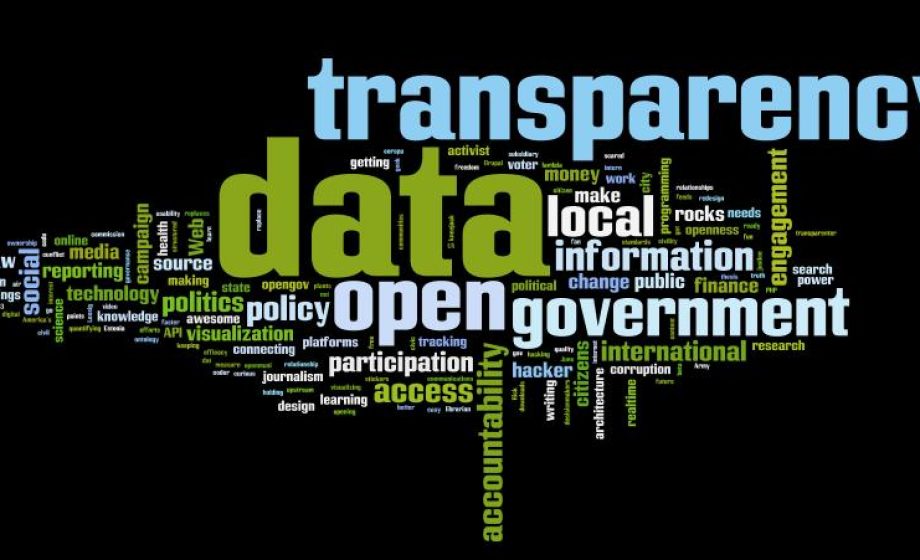
Back at the last G8 summit in June of this year, the G8 member states signed on to the Open Data Charter, whereby all of the member states pledged their commitment to “open economies, open societies and open governments as the basis of lasting growth and stability”. France has moved quite quickly to demonstrate their strong commitment to the Charter and the cause of Open Data more generally by releasing (in French and English) their Action Plan for France.
The Context
As the administration points out in their plan, France has had a long history supporting the principle of open data which, arguably, dates all the way back to 1794 with the granting of the right of citizens to access the national archives. In terms of information as we think about it today, France actually laid the foundations for today’s open data transformation in 1978 with the enactment of two laws – one dealing with the protection of personal information and the other addressing the public’s right to access administrative documents, which in 2002 was ultimately recognized as a public freedom by the Council of State. Of course, the Open Data effort more formally came together with the establishment of Etalab in 2011, which rolled-out additional initiatives including Open Licence, Data Connexions, and an Open Data network of experts in recent years.
The Plan
France’s Open Data Plan essentially lays out the main priorities for expanding the Open Data effort here, including:
- Progressing towards publishing data openly by default: The government has laid out several actions to reinforce this committment. One of the key ones involves the release of high value datasets in order to “improve the functioning of our democracies and encourage innovative applications of public data reuse.” While the government already makes data concerning national statistics, national maps, election results, and national budgets readily available, they plan further development on making worldwide development, environment, finance and market, mobility and social protection, health, science and research and transport and infrastructure data more open to the public. Of course, one of the underlying principles around Open Data is the cost-free aspect (at the very least for individuals and smaller organizations). As there are valid questions around how to progress towards the broader cost-free reuse of open data, the government has a task force examining the current economic models around open data. They’ve released a first, extensive analysis around the subject (here), which I’ll delve more deeply into in a future article.
- Building an open platform to encourage innovation and transparency data: Having had a pretty successful launch in 2011 of their open data platform data.gouv.fr which has now had 5 million page views, 1+ million unique visitors, 500k file downloads, the government is now looking to launch a 2nd generation open source which involved the open source community in its design via a collaborative co-design process launched in April 2012.
- Developing Open Data policy in consultation with citizens and civil society: Etalab will organize six open public debates on specific themes to identify and publish new datasets, which will cover the topics of health, housing, higher education and research, transport, environmental risks, and public expenditure. They will also look to their network of experts to provide feedback on policies and procedures, recommendations on public data to be opened on the platform, and propose measures to accelerate the development of open data in France.
- Supporting open innovation in France and throughout the world: This commitment focuses on the government’s recognition that in order for open data to truly take hold in society, all open data innovators, including startups, innovative PMEs and larger organizations, and non-profits need to be engaged. The government anticipates that DataConnexions will be a key part of tapping into and encouraging that innovation. In addition, in order to encourage the development of innovative applications drawing on open data by developers and hackers, the government is also committed to enabling access to data via APIs and free and open formats/technology.
It looks like following the big shake-up of Etalab earlier this year, the government has quite a bit of progress on reinforcing its strong commitment to this increasingly important area and putting in place the policies and actions needed to put France at the forefront of the open data movement. Although France has, arguably, been a bit late to the open data party, it looks like they’re catching up quickly.

